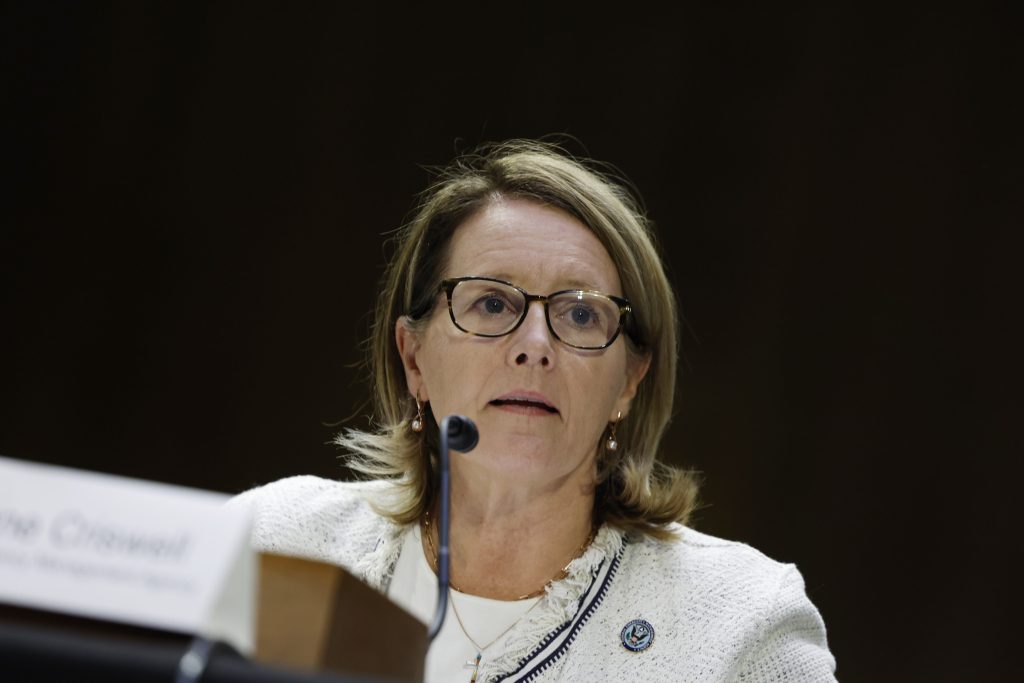The Federal Emergency Management Agency (FEMA) found itself embroiled in controversy as it notified thousands of North Carolina residents about the expiration of their temporary housing assistance, coinciding with a winter storm impacting the region. This assistance, provided in the form of hotel vouchers, was initially granted to families displaced by Hurricane Helene, which ravaged the state in late September 2024, causing widespread destruction, including over 9,000 homes in Asheville alone and over 100,000 statewide. The timing of the notification, just days before a predicted snowstorm and with the program set to lapse on January 11, raised concerns and sparked criticism.
FEMA’s justification for the terminations revolved around three primary reasons: the agency’s assessment of the applicants’ homes as habitable after inspection, the applicants’ refusal to allow FEMA inspections, or the inability to contact the applicants. However, FEMA Director Deanne Criswell, in an interview on Fox News Sunday, clarified the agency’s procedures, emphasizing their efforts to maintain contact with applicants every two weeks to assess their situation and housing status. She acknowledged that if contact is lost, FEMA assumes the applicants have returned to their homes. Crucially, Criswell stressed that those who received the notification but hadn’t spoken to FEMA and still required assistance remained eligible, urging them to contact the agency.
Criswell emphasized FEMA’s commitment to individualized support, recognizing the unique circumstances of each affected family. She underscored the agency’s goal of providing the necessary resources to ensure safe housing until homes are rebuilt or accessible. This commitment to individualized assistance aims to address the diverse needs of those affected by the hurricane, taking into account the varying levels of damage and individual recovery timelines.
The situation drew swift reactions from political figures. North Carolina Governor Josh Stein announced on X (formerly Twitter) that, following a request to FEMA, the temporary shelter assistance had been extended through Tuesday to mitigate the impact of the winter storm. He affirmed his commitment to utilizing available resources to secure safe and warm shelter for affected residents. Conversely, Karoline Leavitt, incoming White House press secretary for the returning Trump administration, criticized the Biden administration, alleging mismanagement of FEMA funds and prioritizing housing for immigrants over American citizens affected by the hurricane. This contrasting viewpoint highlights the politicization of disaster relief and the differing perspectives on resource allocation.
Beyond the immediate crisis in North Carolina, FEMA faces the ongoing challenge of providing assistance to California residents impacted by wildfires in Los Angeles County. This dual burden underscores the agency’s complex and demanding role in responding to multiple, simultaneous disasters across the country. The simultaneous crises demand significant resources and coordination, highlighting the critical nature of disaster preparedness and response.
The situation in North Carolina exemplifies the complexities of disaster relief. Balancing the need to efficiently manage resources with the imperative to provide adequate support to those affected presents an ongoing challenge. The confluence of the expiring temporary housing, the impending winter storm, and the political rhetoric surrounding the situation underscore the vulnerability of disaster-stricken communities and the importance of effective and compassionate disaster response. The incident also serves as a case study in the importance of communication between agencies and those affected by disasters, as well as the continuing need for flexible and adaptable disaster relief programs.










